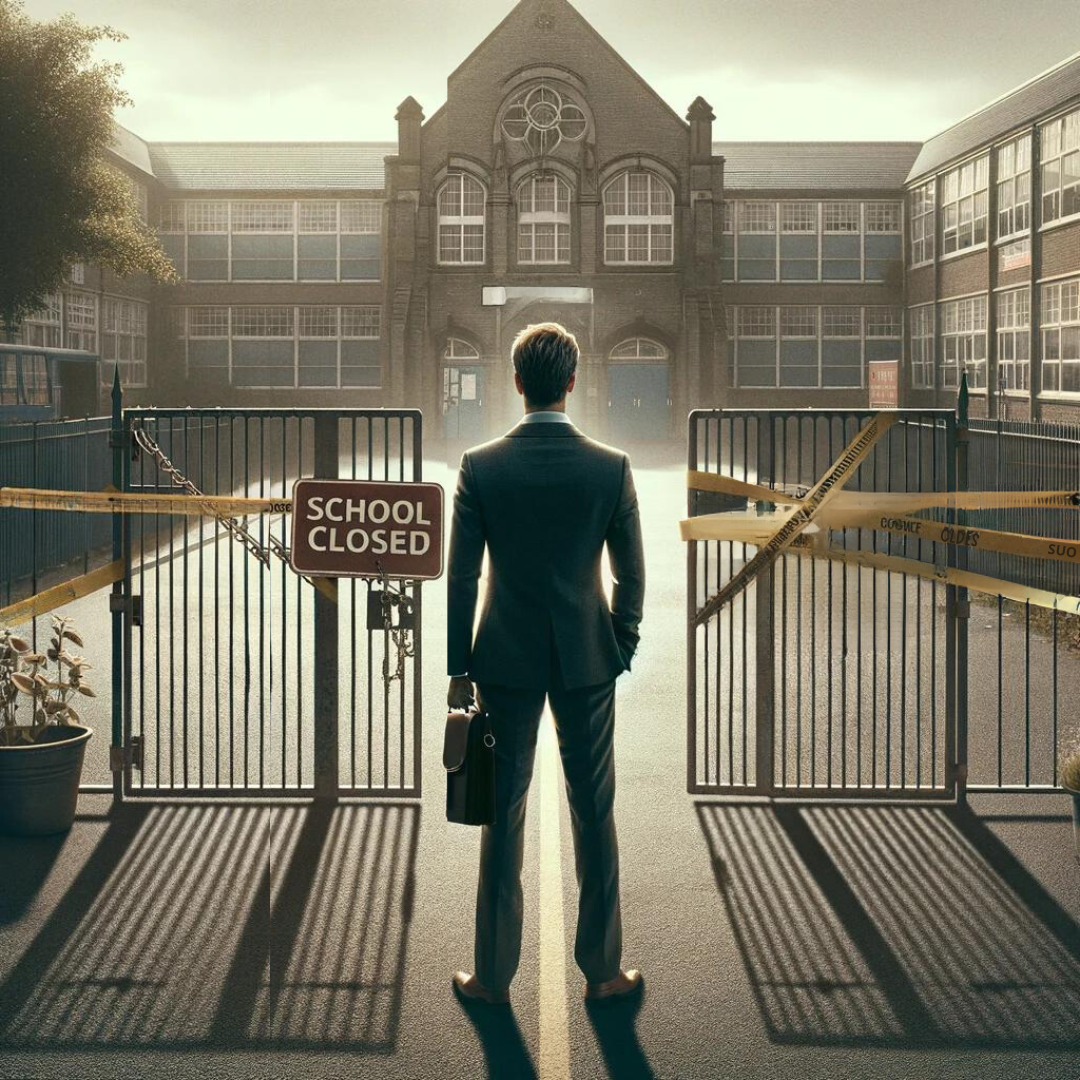Union activists hiss at me for supporting charter school families
Last week I participated in a lively panel discussion sponsored by The Seattle Times and held at the Pacific Tower overlooking the beautiful city of Seattle. The panel was covered by The Times here.
Most panelists offered routine stratagems about increasing taxes as the way to satisfy our left-leaning state supreme court. Predictable (and rather boring) proposals included higher property taxes, imposing a state income tax, or tweaking funding formulas. Nothing new there.
However, a fresh view emerged from Sharonne Navas, Director of the Equity in Education Coalition. She said:
“...the problem is not that we need more money. The problem is that our school system is not working for kids.”
She went on to talk about kids in high school who can’t read. She said we are not talking about not being able to read The Illiad. They cannot read at all.
While reading Homer’s The Illiad is nice, Sharonne’s deeper point about teaching kids basic reading skills is well taken. Her refreshing emperor-has-no-clothes comment made the whole evening worthwhile.
The broader discussion, though, was disappointing. The only idea even considered by the education establishment is how to get more money, more money, and then more money.
Union activists hissed at me when I suggested we allow more charter schools for families, to relieve charter school waiting lists. In their narrow-minded and reactionary view, anyone who even hints at how popular charter schools are must be silenced and ostracized.
Ok, union drones, let’s focus on the money for a minute. Today, the people of Washington give more money to public schools than ever before. Since the January 2012 McCleary ruling, state lawmakers have increased per-student funding by nearly $3,000, about 34%, to $12,652 per student. That is about twice the tuition private schools charge.
Yet this massive increase has not had any observable effect on graduation rates, drop-outs, academic quality or on the growing gap between minority and white students.
Instead of adding dollars to the existing bureaucracy, many states are offering families an alternative – control over some or all of the money taxpayers provide for education. Other states offer more charter schools, online learning, after-school tutoring, supplemental services and fully-funded Education Savings Accounts - all forms of public education that can be tapped by parents.
Let’s think afresh. In Washington we could offer families whose children have been assigned to under-performing schools, as determined by the state Superintendent of Public Instruction, $1,500 per child to buy supplemental learning services (shocking!). Or we could offer parents who ask for it a tax-free $5,000 Education Savings Account to pay tuition at an alternative public, charter or private school (wow!). This is the kind of fresh thinking that is working in Arizona, to mention just one example.
Naturally, these forward-looking ideas meet stiff resistance from the conservative interests that benefit from school district budgets, particularly unions. “We can’t give parents access to education money!” they bleat. “We have to keep control,” all the while silently musing over the billions in new tax money coming their way.
The people of Washington work hard, and we have proven generous in funding public education, but the people in the system have only have one idea: More.
Any talk about allowing more charter schools, or any alternative that gives parents choice in education, was unwelcome at this event in Seattle. It’s strange. Seattle, a city rich in ground-breaking innovation in aerospace, technology and biomedicine, a city that literally reaches for the stars, can’t get past the dour reactionary attitude of administrators and union executives who oppose letting families make decisions. Meanwhile, forward-looking innovators in other states are finding that allowing family choice in education actually helps children learn better.




